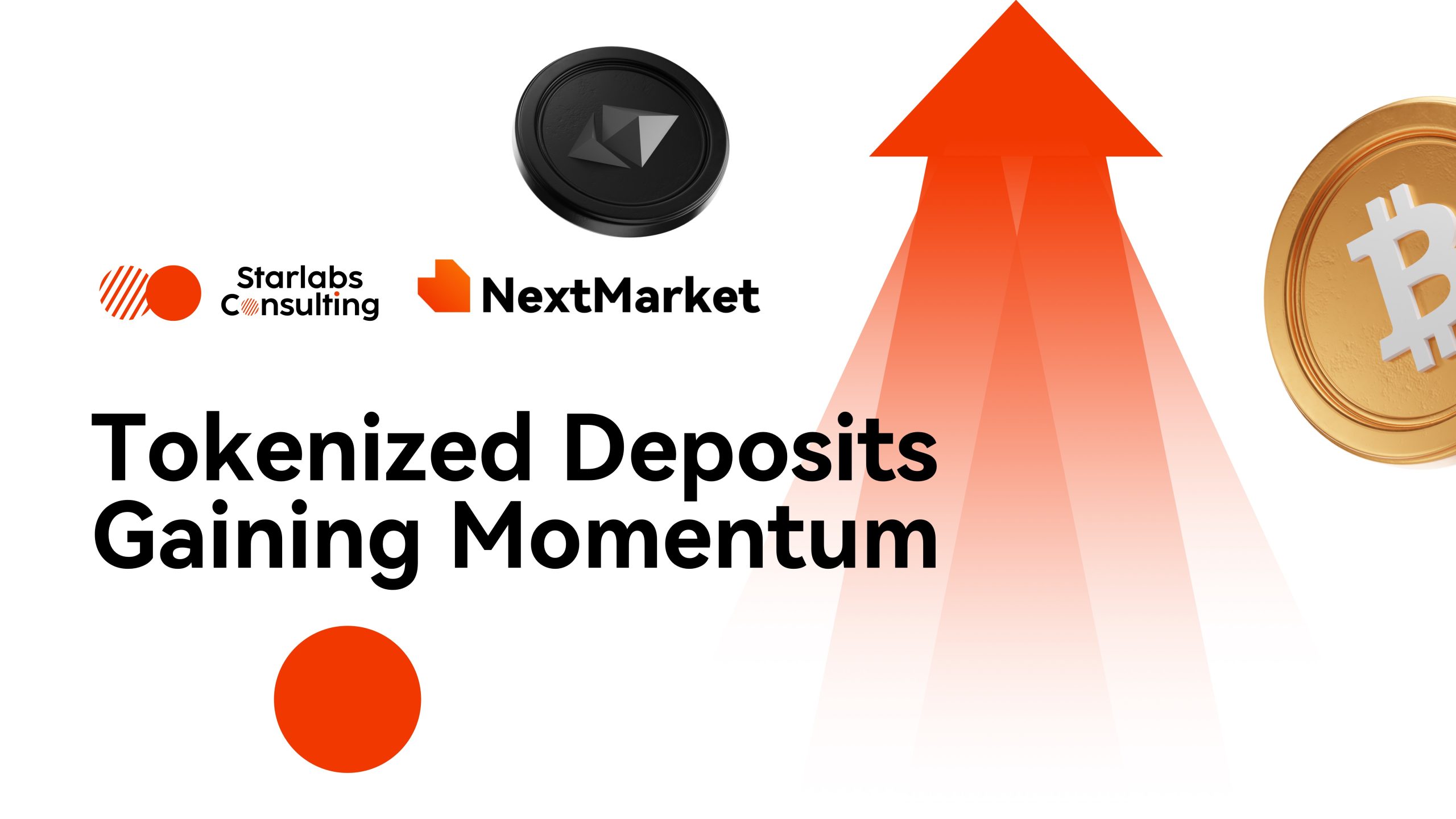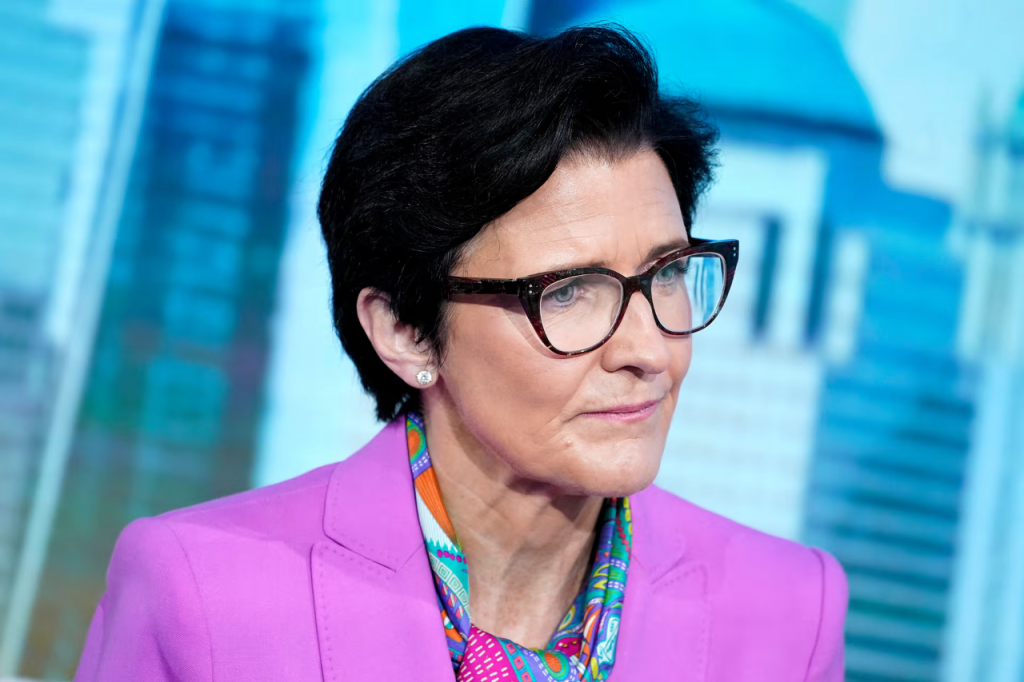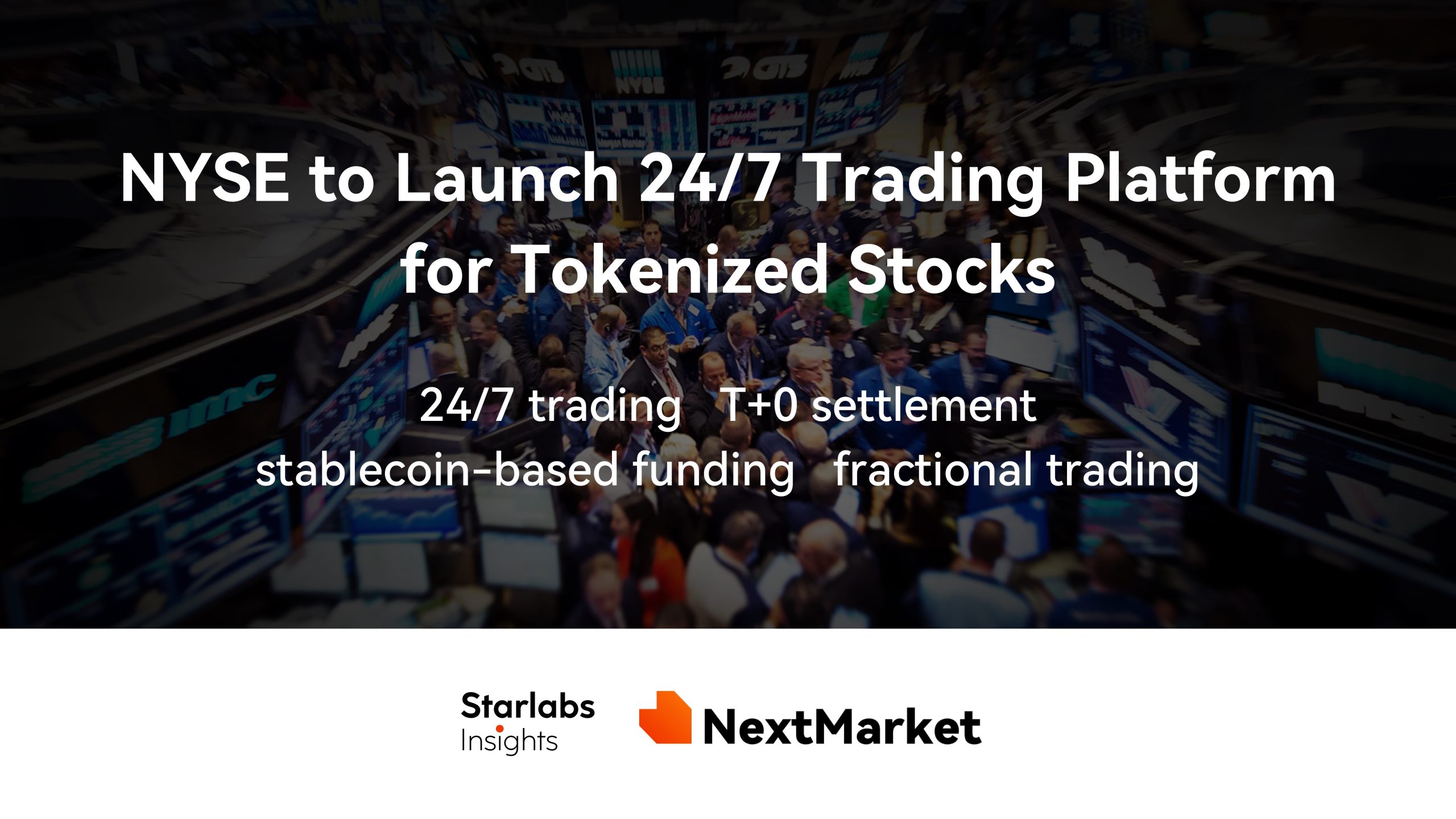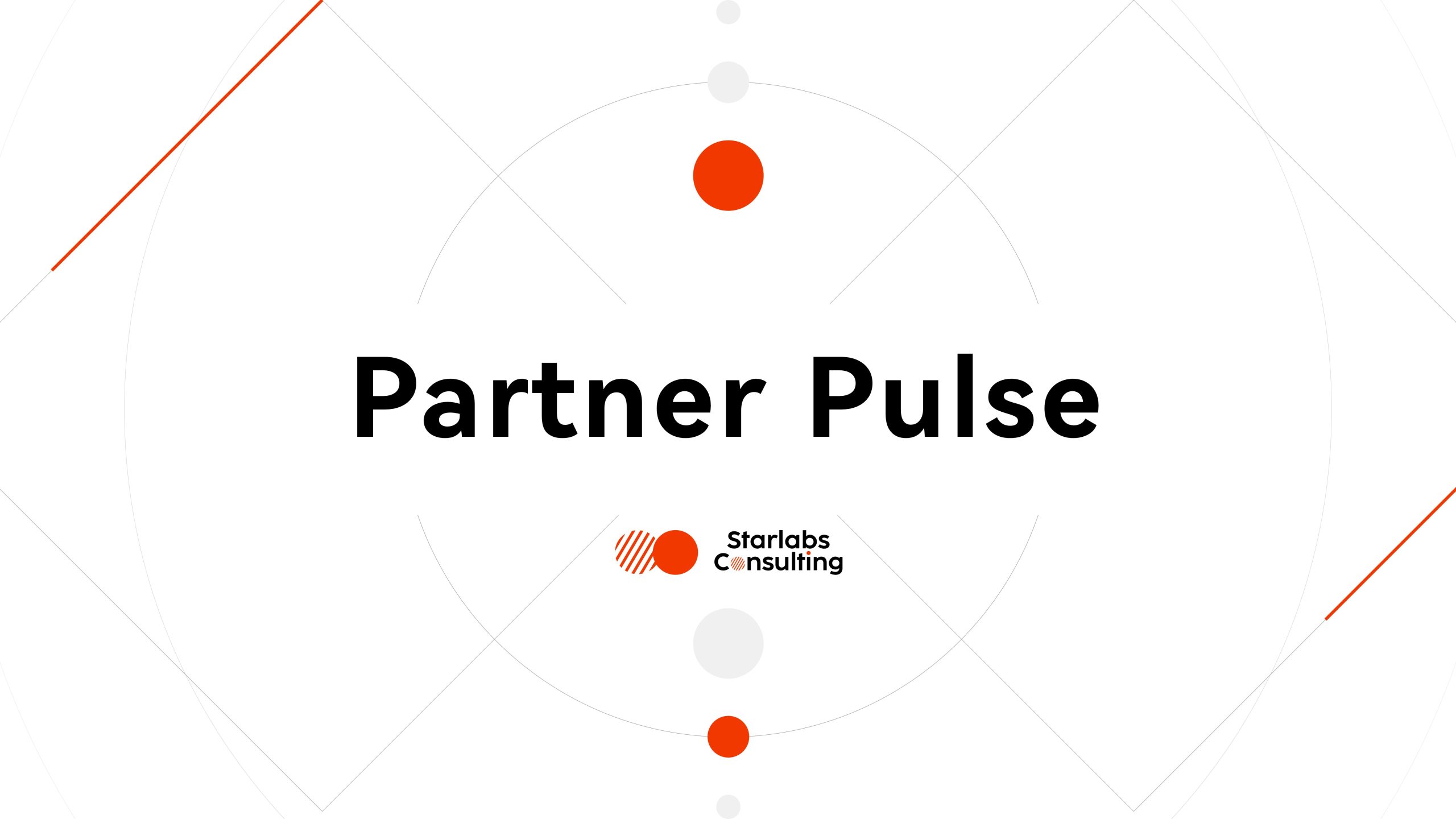
Tokenized Deposits Gain Momentum: Backed by Citi and HSBC, Promoted by the UK and India | NEXT Market
Key Takeaways
- Tokenized deposits represent the next evolution of commercial bank money, delivering programmability, 24/7 settlement, and automation — while retaining the trust and regulatory safeguards of the banking system.
- Global financial centers are accelerating adoption, with pilots expanding across the US, UK, EU, India, Japan, Hong Kong, and China — indicating growing industry alignment and regulatory convergence.
- As tokenization scales across capital markets and real-world assets (RWA), tokenized deposits are expected to become the core settlement layer for digital finance.
In the early hours of October 11, the crypto market experienced the most severe crash of the current cycle. Amid volatility and cascading liquidations, the stablecoin USDe suffered a major depeg, with the USDE/USDT price on Binance plunging to as low as US$0.65.
As the key bridge between traditional fiat currencies and digital assets, stablecoins derive their fundamental value from maintaining a 1:1 peg to fiat, providing a relatively stable medium of exchange and a hedging instrument for investors. Once that peg is compromised, market confidence can rapidly collapse, triggering systemic panic.
Althought this latest depeg, unlike the 2022 LUNA collapse, did not result in a systemic meltdown, its impact on market sentiment should not be underestimated. Some institutional investors have begun to question the “stability” of stablecoins—especially those who rely on them for treasury, hedging, and cross-chain bridging.
Just as markets were struggling to regain confidence, Citi CEO Jane Fraser added further pressure to the stablecoin narrative.

Jane Fraser, CEO of Citi
Speaking at the New York FinTech Summit on October 14, Fraser suggested that current market attention on stablecoins may be “overinflated,” potentially exceeding their practical use cases and risk-bearing capacity. “Stablecoins are indeed an important component of the crypto ecosystem, but they were never designed to replace fiat currency or bank deposits—rather, they serve as a transitional instrument,” she noted. Fraser implied that while stablecoins play a vital role in crypto markets, their long-term value and stability remain heavily dependent on issuer creditworthiness, regulatory frameworks, and market infrastructure robustness.
Fraser further highlighted the growth potential of tokenized deposits, saying:
“Tokenized deposits—converting traditional bank deposits into blockchain-based digital tokens—have immense potential to reshape global payment systems and financial infrastructure. They not only enhance liquidity efficiency, but also introduce entirely new compliance and risk-management capabilities for financial institutions.”
Her remarks were widely perceived as a notable move by traditional finance to demystify and re-anchor the value proposition of stablecoins.
Meanwhile, in July this year, Bank of England Governor Andrew Bailey urged UK banks not to issue their own stablecoins, arguing that tokenizing bank deposits would generate more enduring benefits. He also warned that widespread stablecoin adoption could drain bank liquidity and create financial stability risks.
In fact, while stablecoins have continued to dominate media headlines in recent months, major global financial institutions—including JPMorgan, BNY Mellon, HSBC, and Société Générale—have already been quietly piloting tokenized deposits, with central banks and industry bodies in India and the UK providing official support.
A senior executive at HSBC noted that tokenized deposits hold unique promise—particularly under regulated financial institutions—serving as a secure and compliant method to help corporations improve treasury efficiency and payment processes.
Tokenized Deposits vs. Stablecoins
Tokenized Deposits—also known as permissioned stablecoins or Bank Coins—represent the digital tokenization of bank deposits on distributed ledger infrastructure. In essence, they are bank-issued digital IOUs, representing a direct claim on commercial bank accounts.
Tokenized deposits typically operate on permissioned networks or private blockchains, limited to KYC-approved, whitelisted wallets. Banks retain supervisory control and can execute transaction reversals when necessary (e.g., error correction, refunds, incident handling).
Unlike public stablecoins, tokenized deposits remain fully within the regulated banking system, making them more suitable for enterprise-grade and compliance-critical use cases like intra- and inter-corporate payments, treasury operations, interbank settlement and large-value B2B transactions.
If USDC and similar assets are viewed as digital IOUs issued by fintechs, then tokenized deposits are digital IOUs issued by commercial banks, fully backed 1:1 by funds in customer accounts.
Stablecoins rely fundamentally on issuer credibility and reserve management to maintain their fiat peg. Tokenized deposits, by contrast, are issued directly by traditional banks and correspond to real deposits, effectively enabling 24/7 availability, programmability and instant settlement while maintaining account-level reversibility and risk control.
Compared with public stablecoins, tokenized deposits sacrifice openness and global accessibility in exchange for stronger regulatory alignment, reversibility, and counterparty clarity. Compared with Central Bank Digital Currencies (CBDCs), tokenized deposits are primarily private-sector, bank-based settlement infrastructure, coexisting with potential retail or wholesale CBDC models.
Application Scenarios for Tokenized Deposits
In recent years, global banks including Citi, JPMorgan, and HSBC have actively explored use cases for tokenized deposits across cross-border payments, supply chain finance, and securities settlement. Fraser’s comments effectively signal public endorsement of this fast-accelerating shift. She emphasized that institutional clients are demanding seamless, real-time cross-border liquidity, with lower cost and strong regulatory compliance: “The best way to achieve these goals is through tokenized deposits.”
Representative Use Cases
• Treasury Management
Instant sweeping and liquidity mobilization across global subsidiaries—unconstrained by traditional clearing hours.
• Interbank Settlement
For example, Citi is testing multi-bank interoperability in the RLN (Regulated Liability Network) project, enabling instant settlement for payments and Delivery-versus-Payment (DvP) transactions.
• Capital Markets
Near-instant DvP for repo transactions, significantly reducing settlement cycles, counterparty risk, and liquidity costs. JPMorgan’s repo settlement using JPM Coin pairs tokenized Treasuries with JPM Coin, unlocking liquidity.
• Treasury System Integration
Enterprises can directly execute 24/7 cross-currency transfers and liquidity operations within their treasury dashboards.
Advantages of Tokenized Deposits
• Safety and Reversibility
Participants are fully KYC-verified, enabling banks to correct errors or address risks within an established compliance framework. Even lost private keys can be restored with bank support.
• Regulatory Alignment and Deposit Insurance
As a bank liability, tokenized deposits generally fall within deposit insurance coverage and are easier for regulators to approve.
• Clear Counterparty Risks
Claims are made against well-capitalized commercial banks rather than opaque third-party reserve structures.
Limitations of Tokenized Deposits
• Closed Ecosystem
Circulation is often limited to the issuing bank or consortium network—restricting interoperability with other banks or DeFi. Initiatives like the USDF Consortium aim to enable interbank operability, yet remain confined to member institutions.
• Centralized Governance
Participants must rely on banks for ledger integrity and rulemaking. While offering controllability, this introduces trust concentration and weaker censorship resistance compared with public-chain stablecoins.
✨ Starlabs Consulting Note: USDF is a bank-issued, enterprise and interbank stablecoin operating strictly within a regulated consortium, designed for payments, settlement, and cash management use cases.
Global Landscape of Tokenized Deposit Development
United Kingdom | Six Major Banks Launch Tokenized GBP Deposits
On September 26, UK Finance announced the launch of a pilot project for tokenized GBP deposits (GBTD). The initiative is jointly led by six major UK banks — Barclays, HSBC, Lloyds Banking Group, NatWest, Nationwide, and Santander — with the underlying interoperability infrastructure provided by Quant Network, a UK-based blockchain technology firm.
As a national industry association representing more than 300 financial institutions, UK Finance plans to run the pilot until mid-2026, evaluating how tokenized deposits could benefit consumers, corporates, and the UK economy, while enhancing payment controls, fraud prevention, and settlement efficiency.
The project will focus on three key use cases: online marketplace payments, rehypothecation processes and wholesale bond settlement.
Earlier, in April 2025, HM Treasury published its “Future Financial Services Regulatory Framework for Cryptoassets” policy statement, formally differentiating qualifying stablecoins, tokenized deposits, and e-money.
According to Starlabs Consulting, the UK Financial Conduct Authority (FCA) is currently finalizing a crypto regulatory framework expected to take effect in 2026. However, the Bank of England has stated that tokenized deposits can proceed within existing regulations.
Despite still being at an early stage, both lenders and policymakers believe that providing digital rails for existing bank money will be more resilient than relying on privately issued tokens. Should the pilot prove successful, it may fundamentally reshape the circulation of GBP across retail, wholesale, and cross-border segments over the coming decade.
India | Central Bank Launches Tokenized Deposit Pilot
On October 8, the Reserve Bank of India (RBI) announced the launch of a tokenized deposit pilot, operating on the e₹-W wholesale CBDC platform, with selected major banks participating.
RBI General Manager Suvendu Pati said: “This pilot will test how tokenized deposits can complement the existing CBDC framework by improving efficiency, transparency, and programmability across India’s financial ecosystem.”
The pilot — currently limited to institutional participants — will initially focus on interbank transfers and settlement. Before scaling to broader applications, it will assess technical feasibility, safety, and scalability — consistent with RBI’s cautious, phased rollout of wholesale and retail CBDCs over the past two years.
In subsequent phases, RBI plans to extend tokenization to Certificates of Deposit (CDs) and Commercial Papers (CPs), allowing these money market instruments to be issued and settled on wholesale CBDC rails, enhancing short-term financing liquidity, transparency, and operational efficiency.
United States | JPMorgan and BNY Mellon Advance Trials
On October 8, Bloomberg reported that BNY Mellon — the world’s largest custodian bank with US$55.8 trillion in assets under custody — is testing tokenized deposits to simplify global payments and settlement, enabling 24/7 instantaneous transfers and reducing transaction costs by migrating part of its US$2.5 trillion daily payment flows onto blockchain rails.
BNY has not yet disclosed a commercial launch timeline. Sources close to the project indicate the initiative remains in the pilot phase, with broader expansion contingent on regulatory approval and technical validation — potentially as early as next year.
In June, JPMorgan launched JPMD, a permissioned USD deposit token deployed on the Base chain, enabling institutional clients to move funds around the clock.
Additionally, JPM Coin — launched in February 2019 — is also a form of tokenized deposit, enabling instant settlement within JPMorgan’s global network and maintaining a 1:1 redeemability into USD bank deposits. It supports institutional payments, corporate liquidity, and cross-border internal transfers.
Hong Kong SAR, China | HSBC Launches Cross-Border Tokenized Deposit Service
On October 9, HSBC Holdings (0005.HK) announced the launch of a blockchain-based tokenized deposit service (TDS) in Hong Kong and Singapore. Corporate deposits are represented as digital tokens, enabling multi-currency, 24/7 transfers and reducing settlement from several days to a matter of minutes. Foreign exchange conversion and compliance checks are automated via distributed ledgers and smart contracts. The first pilots have gone live in Hong Kong and Singapore, with expansion planned into the UK, Europe, and additional markets.
This represents the first bank-led blockchain settlement service in Hong Kong, designed for corporates, institutional clients, and technology-driven enterprises.
According to Starlabs Consulting, Ant International is among the early adopters—leveraging HSBC’s Singapore branch to conduct real-time SGD-USD tokenized transfers through Whale Platform, its internal blockchain-based treasury management system. Whale Platform integrates zero-knowledge proofs and homomorphic encryption, enabling confidential and verifiable transactions.
HSBC’s tokenized deposit solution is hosted on its proprietary blockchain and can support other digitization initiatives requiring settlement rails, including use cases under Project Ensemble led by the Hong Kong Monetary Authority (HKMA).
In the 2025 Policy Address, Hong Kong Chief Executive John Lee highlighted plans to expand the Trade Single Window and promote tokenized deposit offerings by banks. HKMA will collaborate with the Shanghai Data Bureau to advance cross-border financial cooperation, including integration with Commercial Data Interchange and CargoX under Project Ensemble.
Japan | Shinsei Bank Explores Multi-Currency Tokenized Deposits
In September, Japan’s SBI Shinsei Bank, in partnership with Partior (Singapore) and DeCurret DCP (Tokyo), began exploring multi-currency tokenized deposits for cross-border settlement. The three parties signed an MoU to develop a blockchain-based framework enabling real-time clearing across currencies.
Under the initiative, SBI Shinsei will issue non-JPY deposit tokens; DeCurret DCP will integrate the DCJPY platform into the network; and Partior will add support for the Japanese yen.
Starlabs Consulting Note:
- Partior is a blockchain-based interbank settlement network originally incubated by DBS, JPMorgan, and Temasek, positioned as a next-gen alternative to SWIFT. It supports multi-currency tokenized deposits and atomic settlement, with pilots underway in Singapore, Hong Kong, and London, and partnerships with 20+ global banks.
- DeCurret DCP launched DCJPY in 2021 with backing from 70+ major institutions including MUFG, SMBC, Mizuho, and Japan Post Bank, marking one of Japan’s most ambitious digital currency alliances.
Europe | Société Générale Launches EURCV; Deutsche Bank in Research Mode
In April 2023, Société Générale introduced the EUR CoinVertible (EURCV) — a euro-pegged token primarily serving institutional users. Despite being labeled a stablecoin, EURCV is effectively a form of tokenized euro deposit, fully backed by bank deposits. It can be transferred to users without accounts at the issuing bank, provided they remain whitelisted.
In June this year, Sabih Behzad, Head of Digital Assets and Currency Transformation at Deutsche Bank, stated that the bank is studying stablecoins and multiple formats of tokenized deposits, and evaluating whether to develop its own tokenized deposit product for payments use cases.
While the EU has fully implemented the Markets in Crypto-Assets (MiCA) regulatory framework, tokenized deposits fall outside MiCA purview and continue to be regulated under traditional banking and deposit rules.
***End***
About Starlabs Consulting
Starlabs Consulting is a global leader in strategic and marketing consulting for the Web3 industry. Founded in 2018, we specialize in delivering end-to-end solutions across strategic planning, financial advisory, PR and marketing, risk forecasting and management, regulatory and legal compliance, crisis management, and innovation research.
We are committed to helping visionary companies navigate complexity in their growth, marketing, and operations — empowering them to thrive in competitive markets. With deep Web3 expertise and an extensive global network, Starlabs Consulting is the trusted partner of choice for many of the world’s leading crypto exchanges. Our professional team is known for its strategic insight, execution excellence, and unwavering client commitment, earning us a strong reputation across the industry.
Website: https://www.starlabsconsulting.com/





